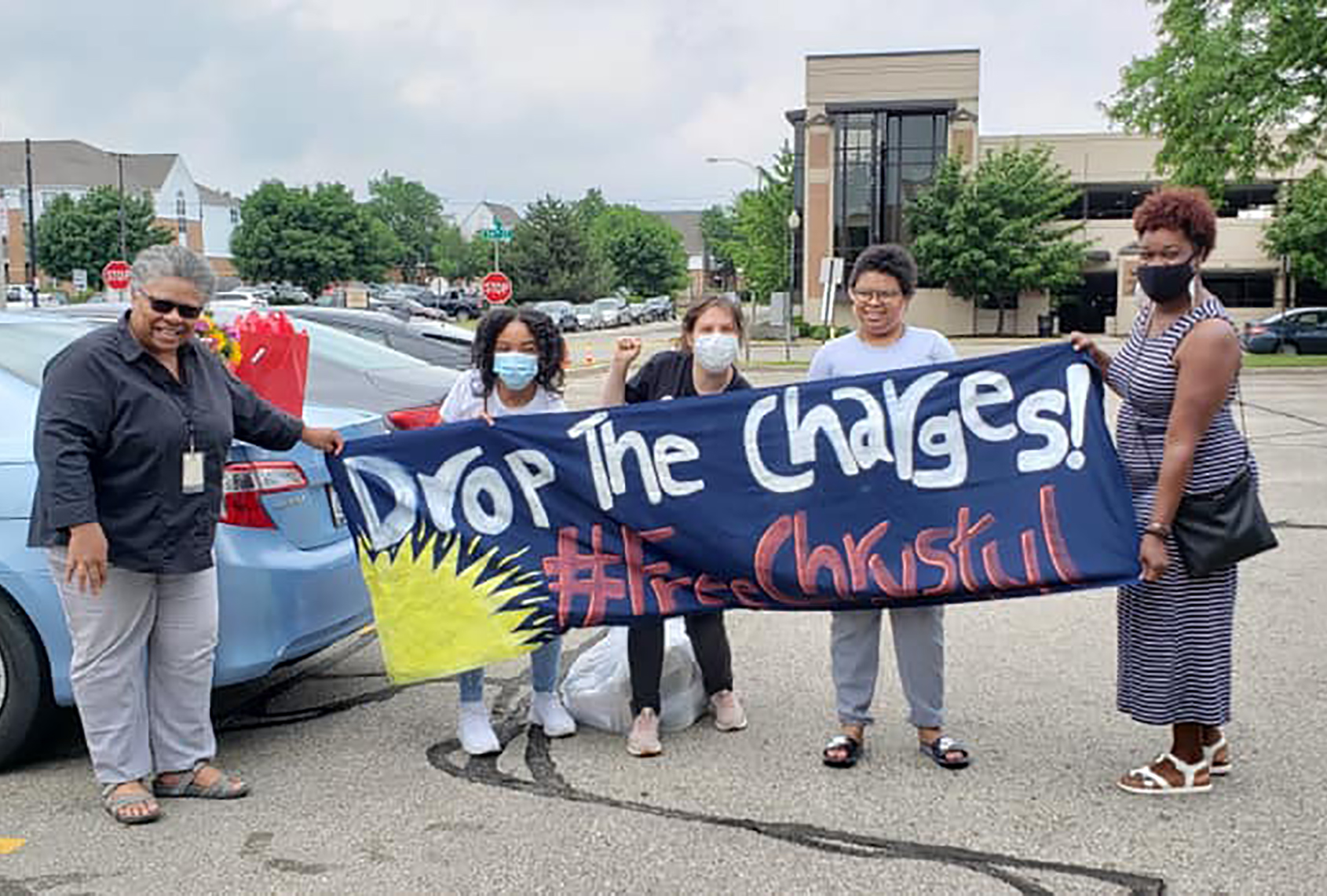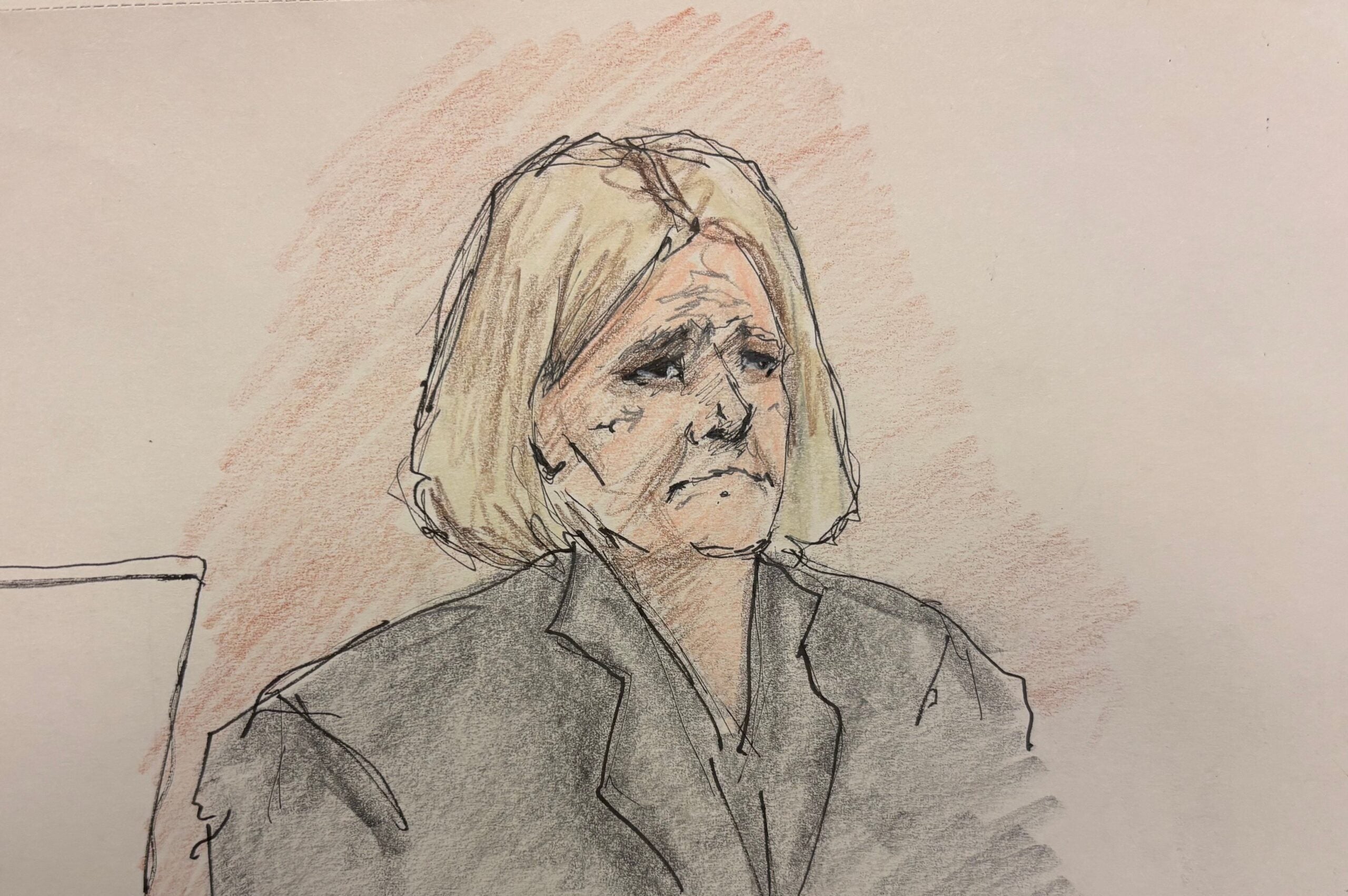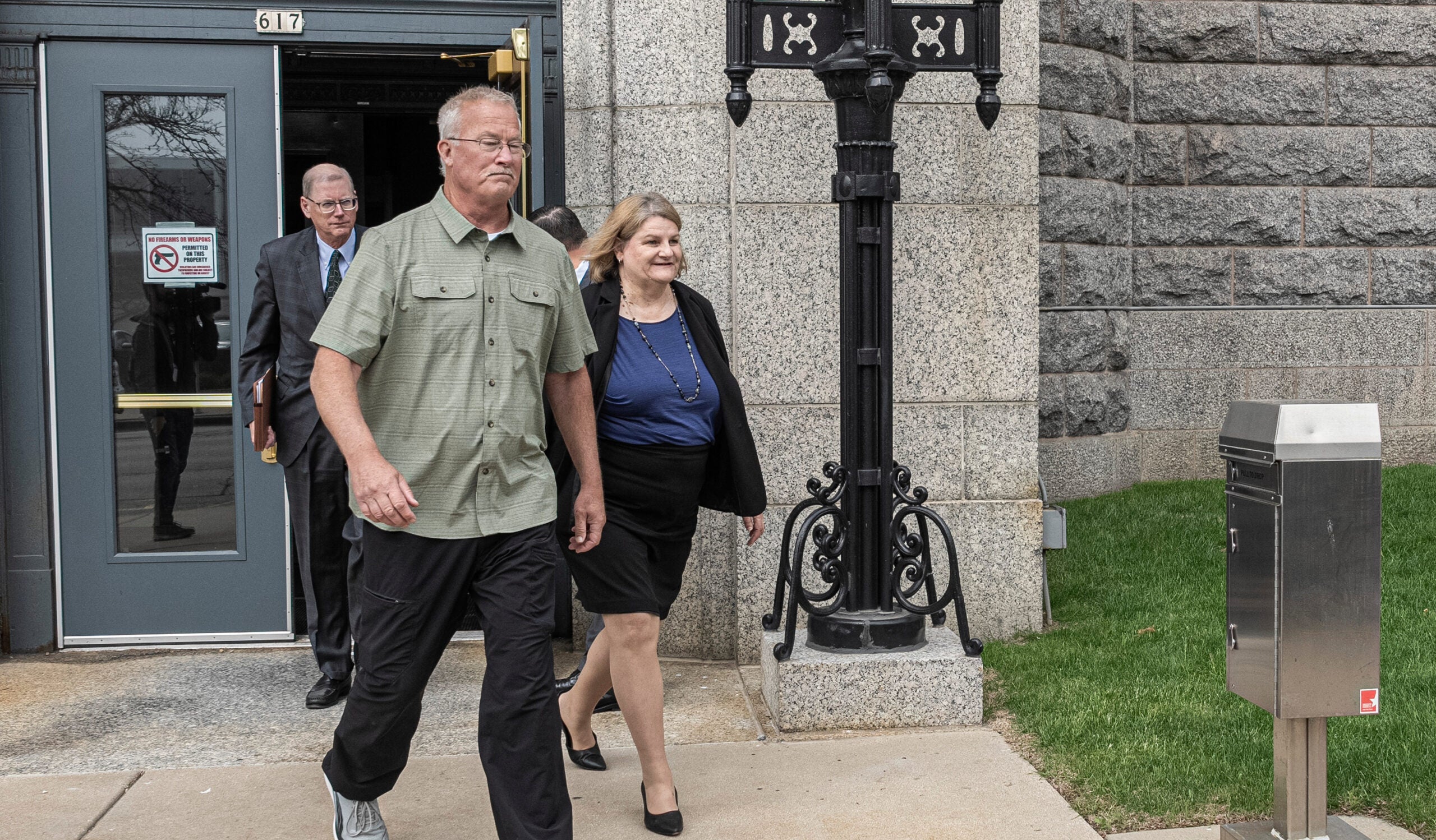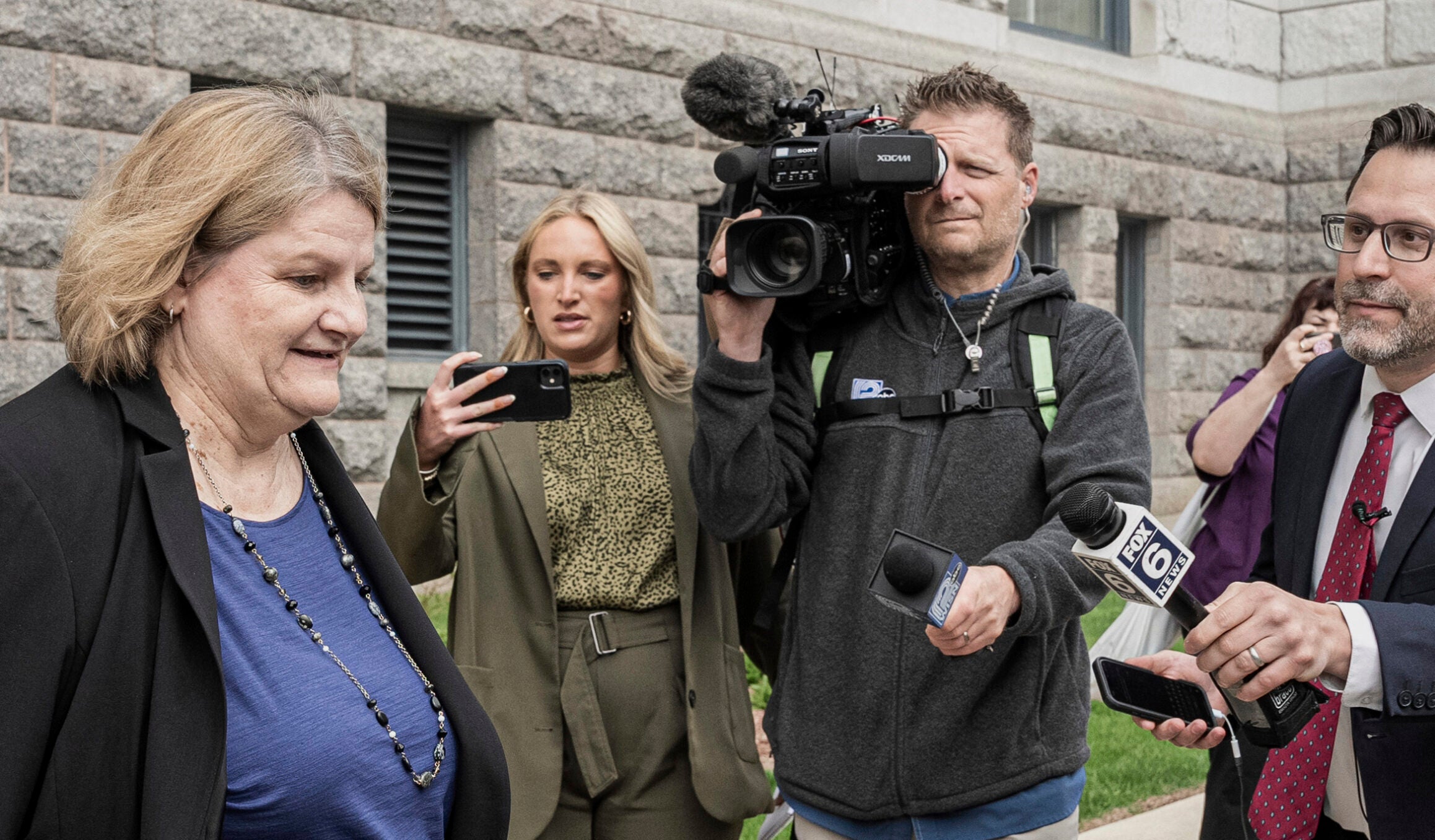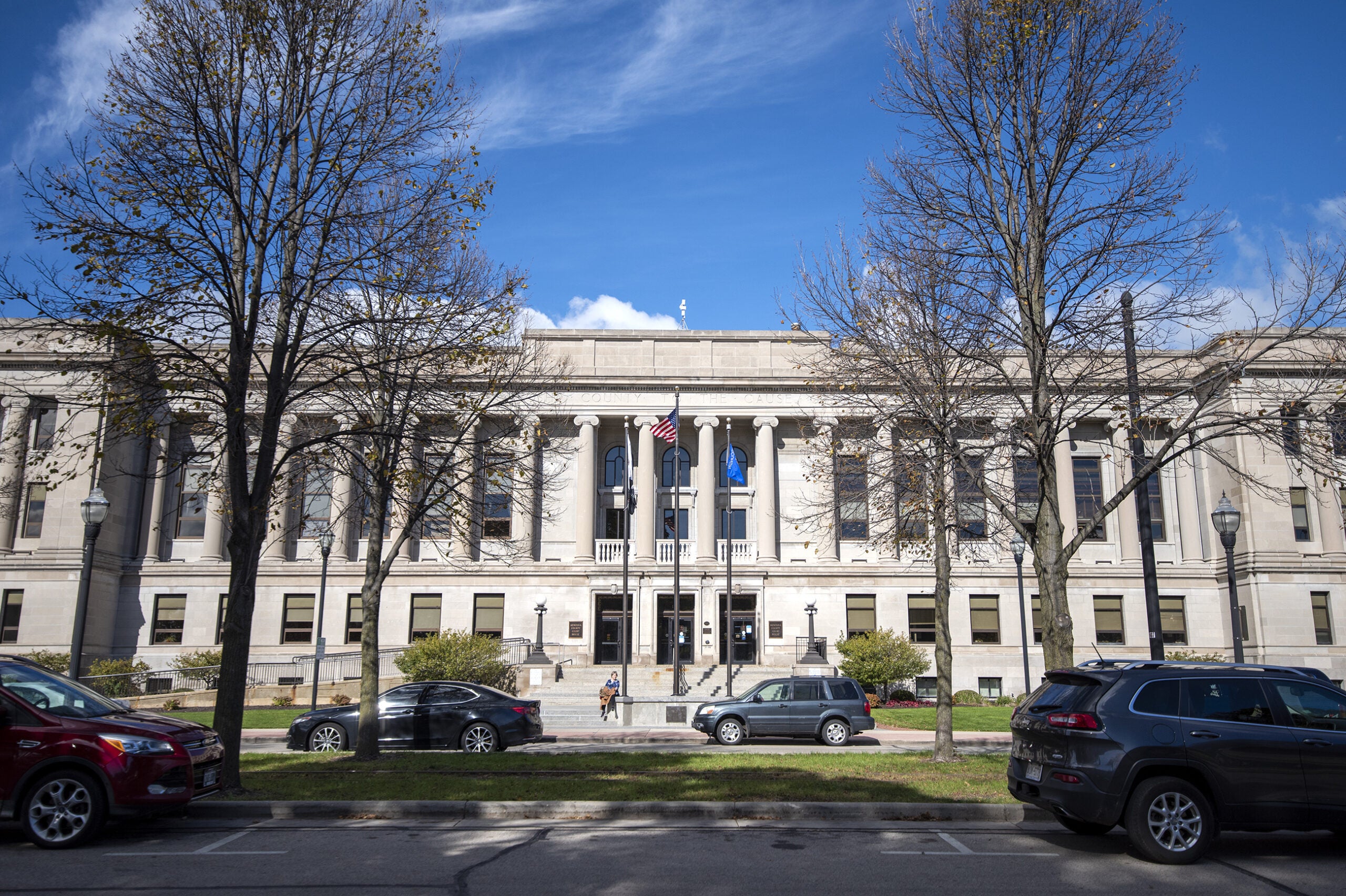A Milwaukee woman whose story gained international attention when she was charged with homicide for the killing of a man accused of sex trafficking her and other underage girls is now facing new charges.
Chrystul Kizer, now 23, is out on bond awaiting trial for first degree intentional homicide in Kenosha County for the 2018 shooting death of Randall Volar, a 34-year-old Kenosha man.
Defense attorneys say Volar was sexually abusing Kizer, then 17, and other underage girls. He had been under investigation for sex trafficking in the months before his death.
News with a little more humanity
WPR’s “Wisconsin Today” newsletter keeps you connected to the state you love without feeling overwhelmed. No paywall. No agenda. No corporate filter.
Kizer is scheduled to go to trial in June. Her attorneys plan to argue she is protected from conviction for the killing by state law shielding sex trafficking victims.
Now, Kizer is facing new charges following her arrest for what police described as a domestic incident in Milwaukee.
According to a criminal complaint filed Monday, Kizer called police to her home on Milwaukee’s north side on the morning of Jan. 7. When officers arrived, Kizer told them she found out the man she lived with was a convicted child sex offender and had lied to her about why he was on supervision.
While police were there, according to the complaint, Kizer threatened the man, attempted to hit him and resisted officers who were trying to make the man leave. She was arrested that day. She was charged Monday with misdemeanor disorderly conduct.
That new case triggered new charges in Kenosha County. Prosecutors there charged Kizer with four felony counts of bail jumping, including one count for failing to update her address. Each bail jumping charge carries a possible sentence of three years in prison.
A Kenosha County judge issued an arrest warrant with a $40,000 bond for the bail jumping charges.
Kizer’s attorney could not be reached for comment.
The original homicide case gained international attention, with protesters calling for charges against her to be dropped. She spent nearly two years in jail awaiting trial before supporters raised $400,000 to pay her bond in June 2020.
Kizer’s attorneys with the Wisconsin State Public Defender’s Office fought in court for the ability to use the affirmative defense open to sex trafficking victims in her case, arguing the killing was the direct result of her abuse. The Wisconsin Supreme Court ultimately sided with Kizer, saying that her attorneys should be able to present that defense to the jury at trial.
Wisconsin Public Radio, © Copyright 2025, Board of Regents of the University of Wisconsin System and Wisconsin Educational Communications Board.

